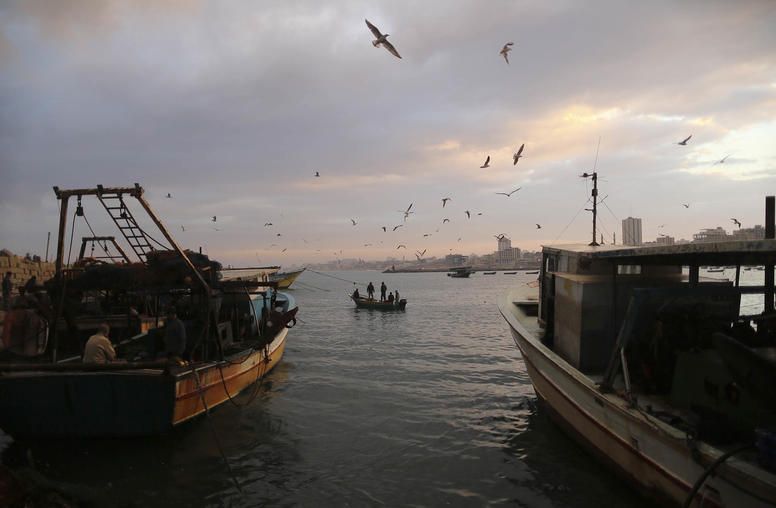Egypt’s Challenges and Opportunities: Remarks by Egyptian Ambassador H.E. Mohamed M. Tawfik
Read the Event CoverageThe United States Institute of Peace hosted H.E. Mr. Mohamed M. Tawfik, Egyptian Ambassador to the United States, for public remarks and discussion. The Ambassador discussed Egypt-U.S. relations, Egypt’s transition, the status of the constitutional roadmap, formation of a new government, and potential for reconciliation amid polarization and escalating violence.

Scenes of millions of Egyptians in Tahrir Square calling for change, freedom and social justice are forever part of the historical narrative of the Arab region. The events of July 3, 2013 further mobilized the population, this time calling for the restoration of legitimacy and a return to the ballot box. As the constitutional roadmap unfolds, economic instability increases, decisions on aid are finalized, and citizens’ fears of escalating violence deepen; the path to democracy in Egypt remains open to multiple challenges and opportunities.
This event was held on November 13, 2013 from 9:30am to 11:00am at the USIP Headquarters in Washington D.C.
Speakers
Jim Marshall, Opening Remarks and Moderator
President, U.S. Institute of Peace
H.E. Mr. Mohamed M. Tawfik, Keynote Remarks
Ambassador of the Arab Republic of Egypt to the USA



